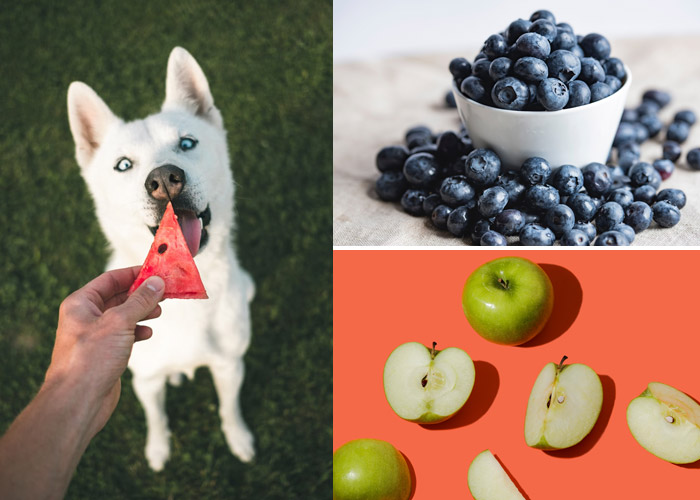Pet humanisation has changed the way we care for our four-pawed pals. This has impacted what we feed our dogs and what action we take to ensure our barking buddies live a long and healthy life. From superfoods for dogs to pet supplements, many pet owners are cluing up on the key nutrients their dog needs.
Indeed, October is Pet Wellness Month, so if ever there was an appropriate time to take stock of your fur pal’s health it’s right now. Field Day vet Emily turner explains that paying careful consideration to your dog’s diet is an important part of being a responsible pet parent.
What advice can you give on appropriate diets for dogs?
“Grain-free diets are a big no-no for me and I think most of the veterinary world at the moment. This is because there is strong evidence that grain-free diets can lead to cardiac issues in dogs and something called dilated cardiomyopathy, which can be fatal.
“Generally, ‘human food’ and human-type diets (such as vegan, for example) are very poor for dogs and do not provide the correct balance of nutrients they need to thrive. While giving your dog leftovers here and there seems harmless, the food you eat tends to be more carbohydrate-based and lacks many essential vitamins and minerals that dogs need.
“Cheap commercial diets can also be harmful. While there is nothing wrong with dry food, there are undeniable differences in the quality of some brands compared to others.
“Furthermore, poorly planned, poorly understood or homemade raw diets can often lack many of the nutrients a dog requires for good health. So, be sure to consult a vet or vet nutritionist before embarking on any new or radical diet changes for your dog,” she advises.
What nutrient deficiencies should dog owners be aware of?
“The most common nutrients missing from dogs’ diets are generally vitamin B9, B12 and vitamin D, as well as magnesium and zinc,” says Emily.
“However, a lack of these nutrients is not always due to diet. For some dog’s it is the result of and inability to absorb nutrients due to various medical conditions. Having said that, some diets rely heavily on carbohydrates and good protein sources can also be lacking in some of the less well-balanced diets.
“Common signs of nutrient deficiencies in dogs include poor hair or coat condition (dry, dull, uneven looking growth etc). Poor nail health, which includes visibly brittle or discoloured nails. Other symptoms can include lethargy or lack or energy or enthusiasm in daily life. These signs tend to be the most common things we note in cases where diets are less than adequate.”
What role can dog supplements play?
“The most common dog supplements are fish oils, or ingredients rich in omegas 3 and 6. This superfood for dogs protects joints, aids mobility, and has a huge impact on hair and coat health. Omegas are also very helpful when trying to maintain healthy skin barriers, which is especially important in dogs prone to skin allergies or other skin conditions.
“Omegas can also come from the fish itself, often in a freeze-dried powder form. Alternatively, they can come from plant-based ingredients, such as hemp—in the form of pure hemp oil, hemp seeds, hemp protein or hemp meal (this is rich in Omegas 3 & 6).
“However, choosing a dog supplement depends on the dog and the supplement! While a Labrador, for example, will eat almost anything you give them, a pickier eater may need some coaxing to take a supplement.
“Generally, supplements that include fish or seafood are very palatable and most dogs will really enjoy the taste. Supplement chews or capsules can be rolled in meat or hidden in dry food. Be mindful though, as supplements can, on occasion, cause some tummy upset. As such, it is best to slowly incorporate them into your dog’s diet.”
What are some common superfoods for dogs?
Emily adds that aside from dog supplements, there are many superfoods that humans have known about for decades that are also beneficial for dogs— particularly those with specific health issues. Key superfoods include St John’s Wort, green-lipped mussels and hemp.
You can feed your canine chum superfoods by incorporating them into their diet or using them as a healthy snack or treat.
Emily says there are many varieties of fruits and vegetables that are actually superfoods. She advises, “If you are wanting to also incorporate more veg and fruit into your dog’s diet, they generally like the sweeter options like carrots or blueberries. They also really like broccoli, which can be added both raw or cooked.”
Other key superfoods include:
- Spinach
- Natural yoghurt
- Kale
- Watermelon
- Apples
Do you feed your dog a supplement or superfoods?







Leave A Comment